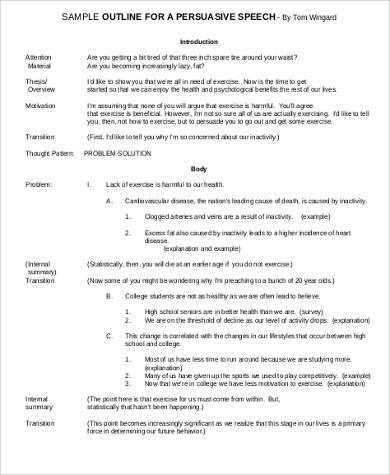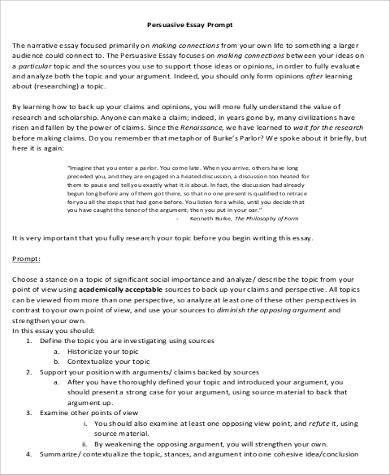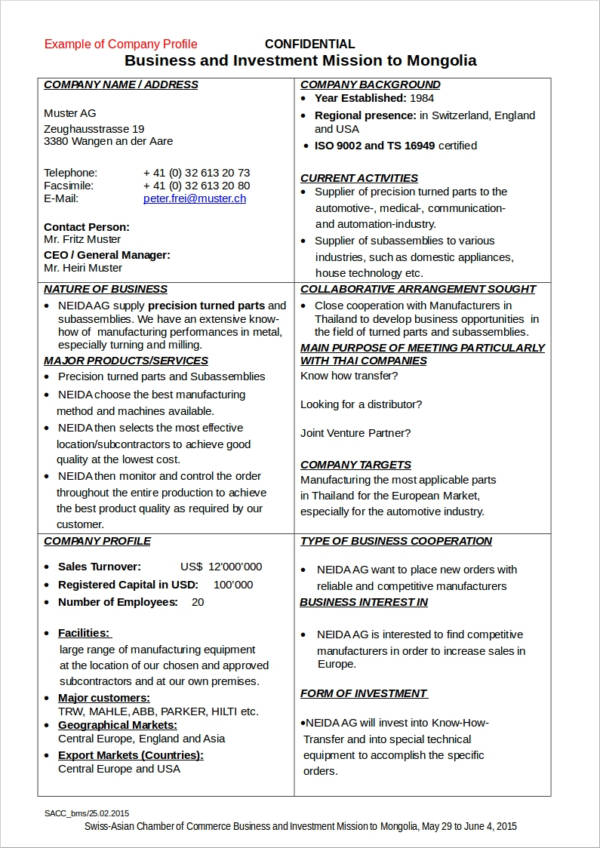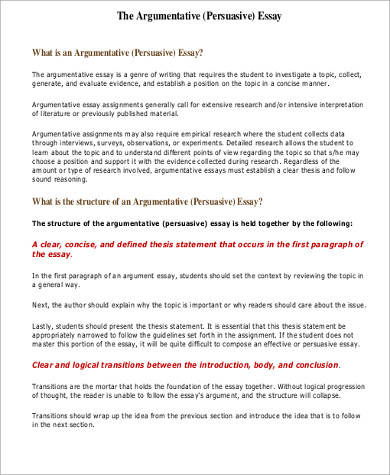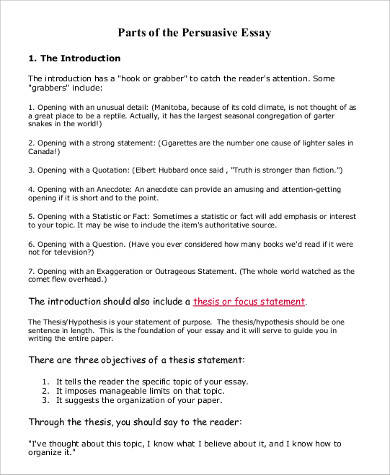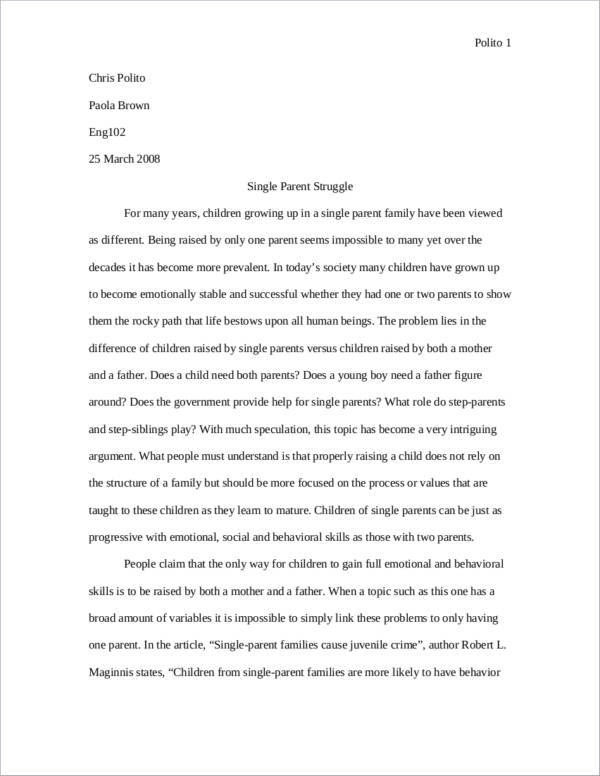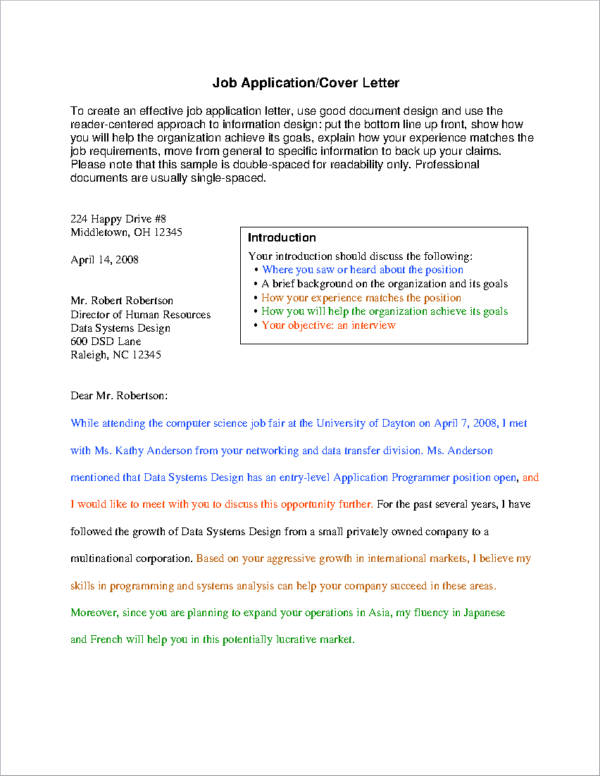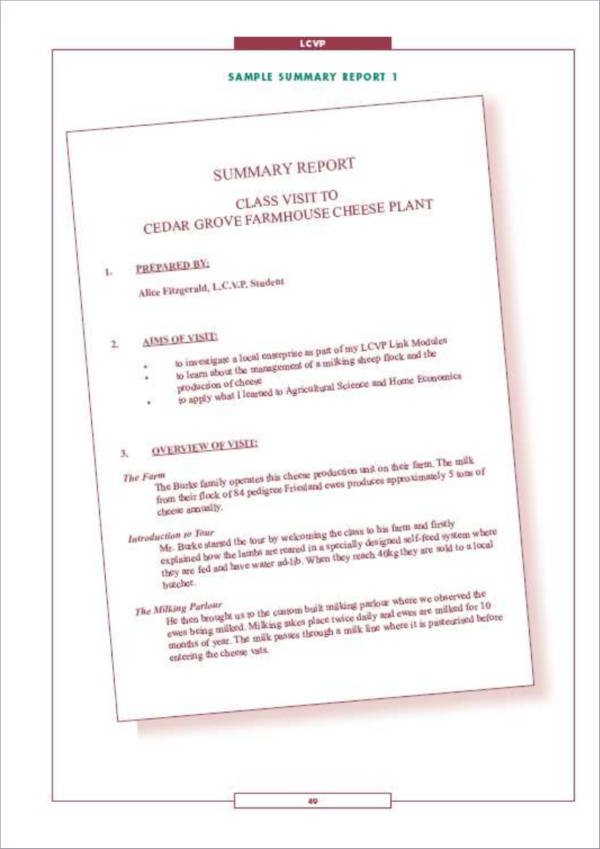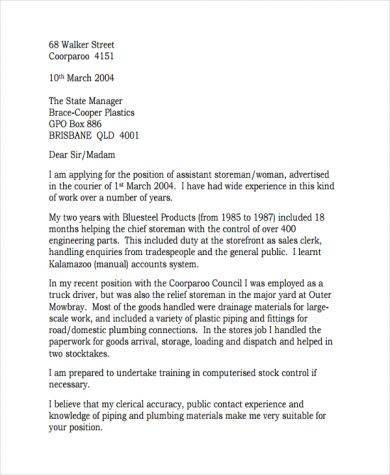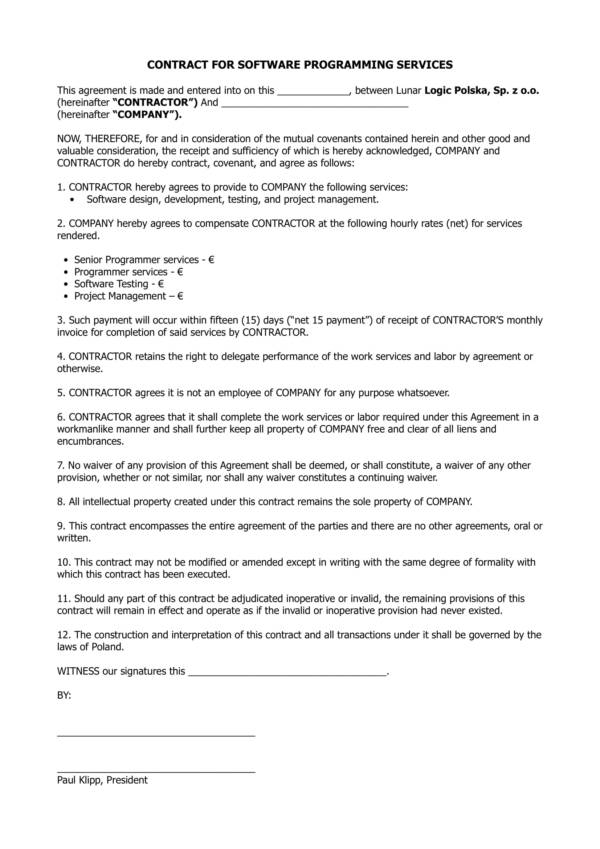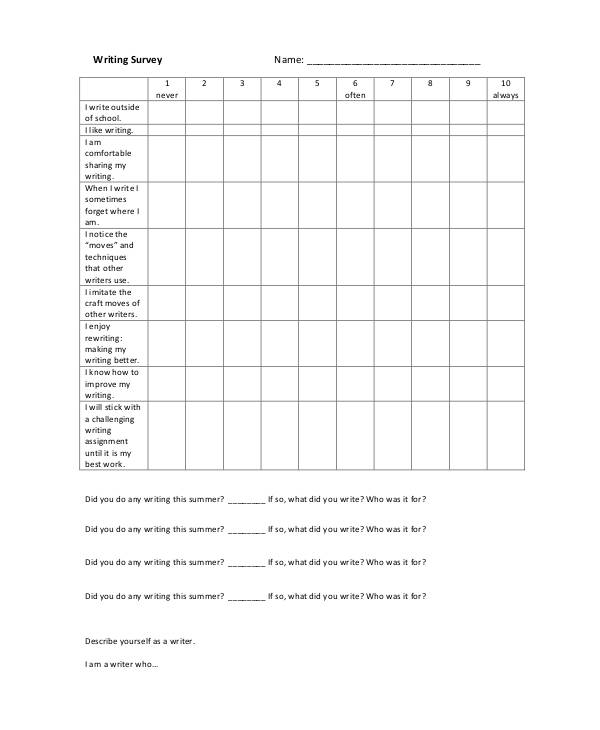Books, journals, magazines and newspapers are all written by professional writers. We have a lot of things to read today that gets us informed about a lot of stuff thanks to professional writing. Professional writing involves the use of professional writing styles and it is a job that professional book writers take on where they write to get paid or get rewarded.
- Useful Writing Templates
- Free Writing Samples
Different professionals from different fields, such as doctors, lawyers, and businessmen, benefit from professional writing as it is a means by which they make important decisions. We have supplied the necessary professional article writing samples and information about professional writing in this article. Feel free to browse through them if you need to.
Content Writing Proposal Sample
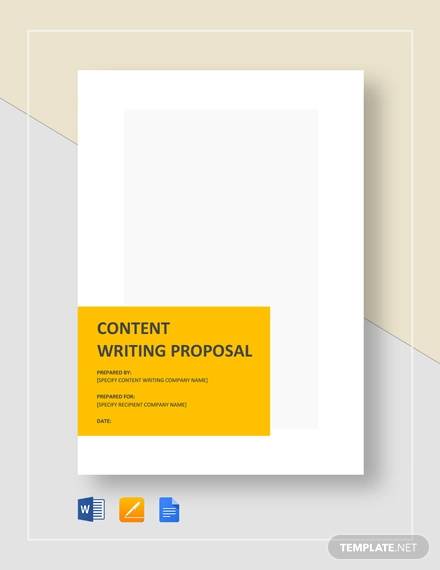
Persuasive Outline Speech Essay
Persuasive Narrative Essay
Example of Company Profile
Argumentative Persuasive Essay
Sample College Persuasive Essay
Differences between Professional, Academic, and Technical Writing
Aside from professional writing, there are two other existing types of writing that are currently being used. They are academic writing and technical writing. There are a number of differences that tells professional writing apart from academic and technical writing and they are all discussed below.you can also see Abstract Writing Samples and Templates.
1. Professional Writing
Professional writing is the type of writing commonly used in the workplace to help facilitate work processes. One of the purposes of professional writing is to professionally and courteously communicate with other members of a group or organization, and is done to get a reward or for profit. The use of professional writing is also not limited to a business or organization as professionally written works have audiences outside their group or organization. Examples of professional essay writing are the following:
- reports
- email messages
- memorandum
- letter examples
- case studies
- journals
- proposals
- contracts template
2. Academic Writing
When you say academic writing, you would automatically think of writing for the sake of providing information to schools or universities. This tells us that the audience for such type of writing is limited within the school setting and they are the students, professors, principals, etc. Academic writing is used to help students learn to express themselves and what they have learned through writing different kinds of writing papers.
- thesis papers,
- academic papers,
- monographs,
- academic books,
- presentation template,
- dissertation, and
- research paper.
If you want to hone your skill on this particular type of writing, check out How to Write in an Academic Style to help guide you.
3. Technical Writing
Technical writing is similar to professional writing in the sense that they are both used in the workplace. It is different from that of professional writing because it focuses on the specific and specialized technical topics, like engineering, technology, science, and law.
- Manuals or handbook
- Articles on the Web
- End user documentation
- Operations guides
- Installation guides
You may also be interested in other related titles, like Grant Writing Samples and Templates, Employment Writing Samples and Templates, and One-Page Writing Samples and Templates.
What Are the Core Skills Required in Professional Writing?
In order for one to be able to provide or produce a professionally written content, writers need to posses the core skills required in professional writing. The required core skills are organized thought, good communication, excellent grammar and language skills, clarity and conciseness. Each of these core skills are discussed below. you can also see Reflective Writing Samples.
1. Organized Thought
Having an organized chain of thought will make it easy for anyone to write clearly and be more productive. Providing a write-up or an output that has an organized way of conveying information is very important in professional writing. Readers will find the content easy to understand and follow. you can also see One-Page Writing Samples & Templates.
2. Good Communication
Since communication is one of the main uses of professional writing, this is why good communication is one of the core skills being required. Good communication does not only mean good in the language use, but it also means being able to connect and convey the information across the entire organization. you can also see Employment Writing Samples and Templates.
3. Excellent Grammar and Language Skills
Work that is done professionally should be free from any forms or errors, like grammar and spelling errors. Excellent grammar and language skills are expected from anyone who works as professional writers and has taken on professional writing as a job. you can also see Commentary Writing Samples.
4. Clarity and Conciseness
The use of technical terms and difficult words should not be a reason why a written output does not appear clear and concise. This is exactly the reason why being excellent in grammar and language skills is a core requirement because people who have this skill are able to use technical or difficult terms without sacrificing the clarity and conciseness of the written output.
If you posses all these required core skills then you have what it takes to become a professional writer. If you are interested to learn more about other writing-related topics then you might want to check them out on our website. Some of the writing-related articles we have there are Application Writing Samples, Reflective Writing Samples and Templates, and Abstract Writing Samples and Templates.
What Are the Different Writing Styles?
There are four main writing styles used in professional writing and they are narrative writing style, the descriptive writing style, the expository writing style and the persuasive writing style. Each of these styles determine the goal of the writer on what they want to convey to their audience or what they want their audience to know.
1. Narrative Writing Style
This style of writing involves telling a story or a personal encounter and engaging the readers to the story being told. The narrative writing style is often written in first person and uses “I” sentences to effectively involve their readers and make them feel a part of the story. A very common example of the narrative writing style are narrative essays about oneself that students are required to write as part of their school requirements.
2. Descriptive Writing Style
Making a description of someone or somethings is like painting a picture of that someone or something. But instead of using painting materials, you use words to create the painting. The descriptive writing style is more on showing the readers rather than tell them what someone or something is like. The best descriptive writers appeal to the emotions and senses of their readers that often leads them to reminisce similar experiences or situations from their past.
3. Expository Writing Style
The expository writing style states the facts about something. What the writer writes about using this style are definitions, uses, and importance of things based on facts and other statistical data. This style of writing is very different from the narrative and descriptive styles because the writer does not show their emotions in their work, which is essential in the two former writing styles.
4. Persuasive Writing Style
Being persuasive means being able to convince someone to believe in what you are telling them. In a persuasive writing style, the writer convinces their readers to accept or believe in their point of view. Persuasive writers use the power or reasoning, logic, facts, and expert opinion to get the readers to believe in them.
Are you interested to learn more about writing styles? If so, then you might want to check out these wonderful articles we are offering for free on our website like Informative Writing Samples and Templates, Argumentative Writing Samples and Templates, and Commentary Writing Samples and Templates.
Argumentative Essay Sample
Job Application Letter Samples
Sample Summary Report
Formal Job Application Writing
One-Page Contract Template
Professional Writing Survey
What Is a Writing Process?
A writing process is a series of steps that writers follow in writing. Every writer follows a unique writing process that they are comfortable with. The importance of being familiar and conscious about one’s own writing style is that they can simply go back to the steps to help them gather more ideas and create better drafts or contents. That is why it is also known as a recursive process. you can also see Argumentative Writing Samples and Templates.
The steps involved in the writing process are prewriting, drafting, revising, and editing.
1. Prewriting
This is the very fist step in writing. The activities include researching, doing interviews, reading sources, taking notes, thinking, brainstorming, gathering information, etc. Everything that you need to do before you start writing is part of the prewriting step.
2. Drafting
After all the preparation, the next thing that you need to do is create the draft for your article or whatever it is you are planning to write. The draft is where you arrange your thought and turn them into words, sentences, and paragraphs that make up the entire article or story. This step does not require you to take note of grammar and spelling errors. You just simply create the content for your work. you can also see Informational Writing Samples and Templates.
3. Revising
When you are done making the draft, you move on to making revisions to your work. This is where writers add or remove some parts of their work, and at the same time making your content coherent, concise, and accurate. This is also where the writer considers the needs of their readers and what the readers expect for them to make. you may also see Revision Timetable.
4. Editing
The last and final step that every writer should do is proofread and edit their work. If you, as a writer, are not yet satisfied with what you have written, then continue making the needed revisions until you are satisfied. Making editing as the very last step to do when writing helps writers correct any forms of writing errors, like grammatical errors, spelling errors, and punctuation errors.
We hope that you find the information we have prepared helpful. You may visit our website to learn more about writing related topics, like Discursive Writing Samples and Templates and Informational Writing Samples and Templates.
Related Posts
FREE 10+ Compare and Contrast Essay Samples in MS Word | Google Docs | PDF
FREE 10+ Essay Introduction Samples in PDF
FREE 6+ Essay Organizer Samples in PDF | MS Word | Google Docs
FREE 10+ 5 Paragraph Essay Samples in PDF | MS Word | Apple Pages
FREE 10+ Argument Essay Samples in MS Word | Google Docs | PDF
FREE 10+ Research Essay Outline Samples in PDF | MS Word | Apple Pages
FREE 10+ Templates for Persuasive Essay Samples in PDF
FREE 10+ Essay Conclusion Samples in PDF
FREE 4+ MLA Format Essay Samples in PDF
FREE 10+ Leadership Essay Samples in MS Word | PDF
FREE 10+ Narrative Essay Outline Samples in PDF | MS Word | Google Docs
FREE 10+ APA Essay Samples in MS Word | Google Docs | PDF
FREE 10+ Research Paper Essay Samples in MS Word | Google Docs | PDF
FREE 8+ Sample Narrative Essay Templates in MS Word | PDF
FREE 10+ Community College Essay Samples [ Service, Builder, Transfer ]

